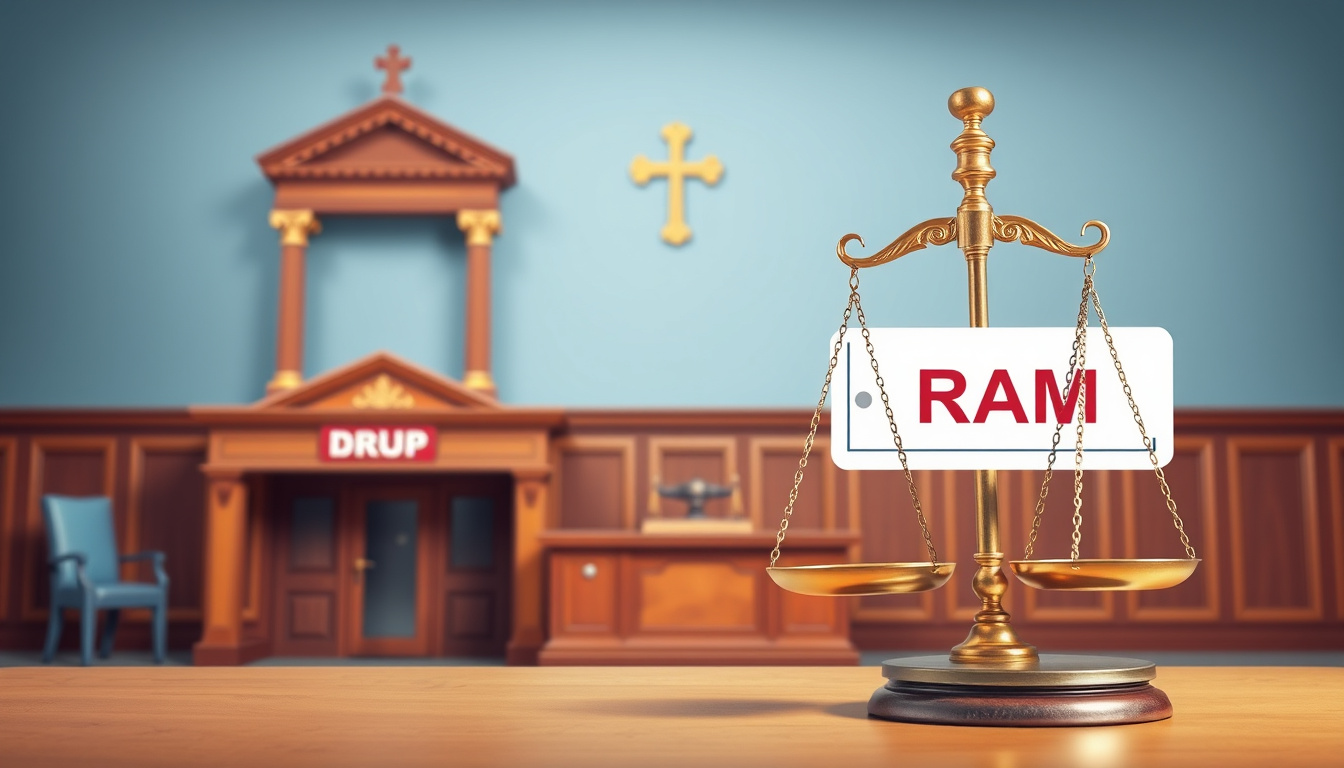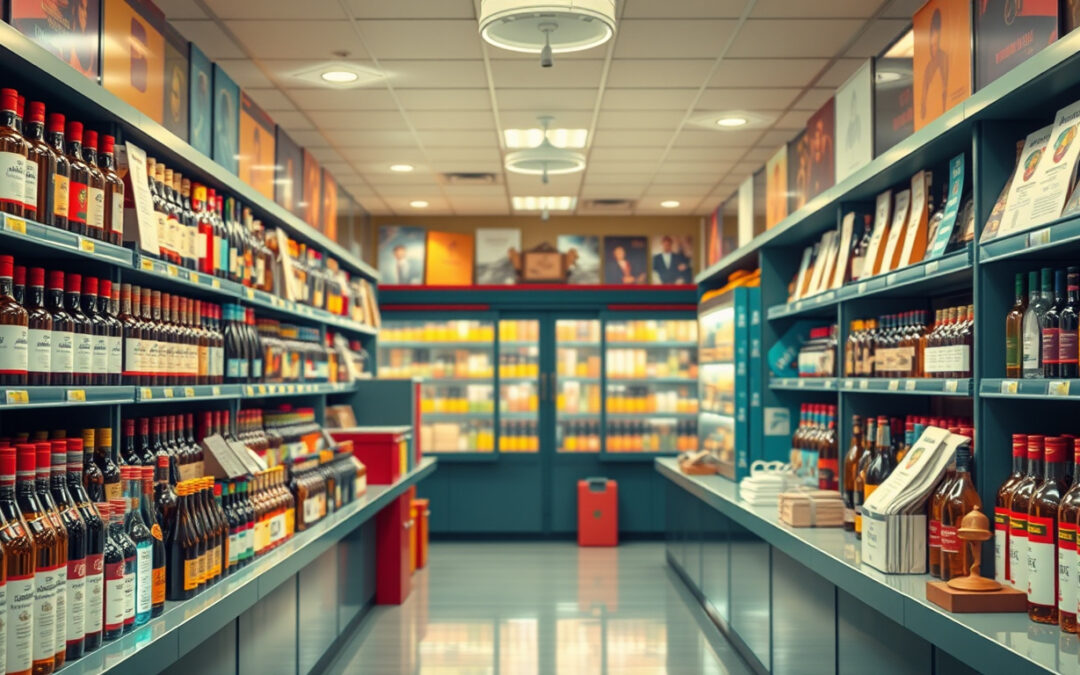When it comes to incidents involving alcohol consumption and liability, one term that often appears in legal discussions is "DRAM shop." A DRAM shop, or a liquor license establishment, can have significant legal implications when involved in events like accidents or injuries related to alcohol consumption. Understanding the role and regulations of a DRAM shop in legal cases is vital for both consumers and business owners. This article explores what a DRAM shop is, how it functions within the legal framework, and the responsibilities and limitations faced by these establishments.
What Is a DRAM Shop?
A DRAM shop is a colloquial term derived from the abbreviation "Dram," which historically refers to a small measure of whiskey or spirits. In modern legal contexts, a DRAM shop typically refers to a bar, tavern, restaurant, or any business licensed to sell alcohol. The term is most often used in connection with laws and statutes that hold these establishments liable under certain conditions related to alcohol sales.
The Legal Foundations of the DRAM Shop Laws
DRAM shop laws are statutes enacted at the state level that impose liability on alcohol-serving establishments for damages caused by intoxicated patrons. These laws aim to encourage responsible alcohol service and prevent alcohol-related harm, such as accidents, injuries, or fatalities. While the specifics vary from state to state, the core premise is that a DRAM shop can be held legally responsible if they serve alcohol to someone visibly intoxicated or underage, leading to harmful incidents.
For example, in states with DRAM shop statutes, a victim injured by a drunk driver who was served alcohol unlawfully may bring a lawsuit against the establishment that served the intoxicated individual. These laws serve both as a deterrent against irresponsible serving practices and as a mechanism for victims to seek compensation.
Role of a DRAM Shop in Legal Cases
In legal cases, the role of a DRAM shop revolves around establishing liability for damages caused by a patron who was overserved. Typically, the following aspects are scrutinized:
- Proof of Serving to an Intoxicated Patron: The plaintiff must show that the establishment served alcohol to a patron who was visibly intoxicated or underage at the time of service.
- Causation: It needs to be demonstrated that the establishment’s actions directly contributed to the incident, such as a DUI accident or injury.
- Violation of Law or Policy: The establishment failed to adhere to legal requirements, such as not checking identification or violating local alcohol serving regulations.

Liability and Limitations
DRAM shop liability is usually limited to certain damages and under specific circumstances. For instance:
- The injury must be directly related to the intoxicated condition of the patron.
- The violation of serving laws must be proven.
- Some jurisdictions restrict liability to cases involving gross negligence or reckless serving.
This nuanced liability framework varies widely and depends on state legislation, which may impose different rules on the employer’s duty of care, the extent of damages recoverable, and defenses available.
Responsibilities of a DRAM Shop
Operating a licensed alcohol establishment comes with several responsibilities aimed at promoting safety and legal compliance:
- Checking Identification: Always verify the age of patrons to prevent underage drinking.
- Monitoring Intoxication Levels: Observe patrons for signs of intoxication and refuse service when appropriate.
- Training Staff: Educate servers on responsible alcohol service and legal obligations.
- Maintaining Accurate Records: Keep detailed records of sales, service times, and incidents which may be relevant in legal proceedings.
- Adhering to Local Regulations: Follow all licensing, health, and safety codes as mandated by law.
Regulations Governing DRAM Shops
DRAM shop regulations are governed primarily at the state level, meaning that the specific standards, liabilities, and protections can differ significantly. Common elements include:
- Licensing Requirements: Establishments must acquire specific licenses to sell alcohol legally.
- Age Restrictions: Serving underage individuals can result in hefty fines, license suspension, or revocation.
- Server Training: Many states require servers to complete responsible beverage service training.
- Liability Limitations: Some states limit damages or require specific proof to establish liability.
- Mandatory Reporting: Certain incidents, such as injuries or deaths, must be reported to authorities.
Implications for Business Owners and Consumers
For business owners, understanding DRAM shop laws is essential in minimizing legal risks and promoting responsible alcohol service. Proper staff training, meticulous record-keeping, and adherence to all legal requirements are key defenses against liability claims.
For consumers, awareness of DRAM shop laws can influence their expectations about service standards and liability. When injuries or accidents occur due to alcohol consumption involving a licensed establishment, victims often seek compensation through legal avenues involving DRAM shop liability.
Common Scenarios Involving a DRAM Shop in Legal Cases
Eligibility for liability varies depending on the situation, but some common legal scenarios include:
- Drunk Driving Accidents: A patron leaves a bar intoxicated and causes a car accident.
- Underage Drinking: A minor is served alcohol illegally at a licensed establishment and later involved in an incident.
- Violence or Disorderly Conduct: An intoxicated patron becomes violent or disruptive, causing harm to others.
- Injuries on Premises: A slip-and-fall or other injury occurs on the establishment’s property due to negligence.
These scenarios often form the basis of legal claims against DRAM shops, emphasizing the importance of responsible service and compliance.
Importance of Legal Guidance
Navigating the complexities of DRAM shop laws requires specialized legal knowledge. For claimants and defendants alike, consulting an experienced attorney can clarify rights, responsibilities, and potential liabilities. Proper legal guidance can streamline case proceedings and help achieve fair outcomes.
FAQs About DRAM Shop in Legal Cases
Q1: What is a DRAM shop in the context of liability?
A DRAM shop refers to a licensed alcohol-serving establishment that can be held liable under specific laws if they unlawfully serve intoxicated or underage patrons who subsequently cause harm.
Q2: How does DRAM shop liability differ from general premises liability?
DRAM shop liability specifically relates to the duty of alcohol-serving establishments to prevent serving intoxicated or underage patrons, while premises liability typically concerns general safety on property.
Q3: Can a DRAM shop be held liable if a patron drinks and causes an accident elsewhere?
Yes, in states with DRAM shop laws, liability can extend to incidents caused by an intoxicated patron after leaving the establishment, provided the establishment violated serving laws.
Conclusion
Understanding the role and regulations of a DRAM shop in legal cases is essential for anyone involved in alcohol-related incidents. These establishments carry significant responsibilities to serve alcohol responsibly and lawfully. By complying with state laws and practicing responsible serving, DRAM shops can minimize legal risks and promote community safety. For individuals affected by alcohol-related incidents, awareness of DRAM shop laws offers important avenues for seeking justice and compensation. As regulations vary, consulting legal professionals familiar with local statutes is advisable to navigate these complex legal landscapes effectively.
Sources:
- National Conference of State Legislatures – Alcohol, Tobacco, and Other Drugs Laws (source)


